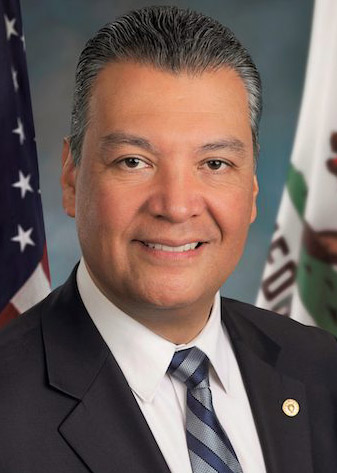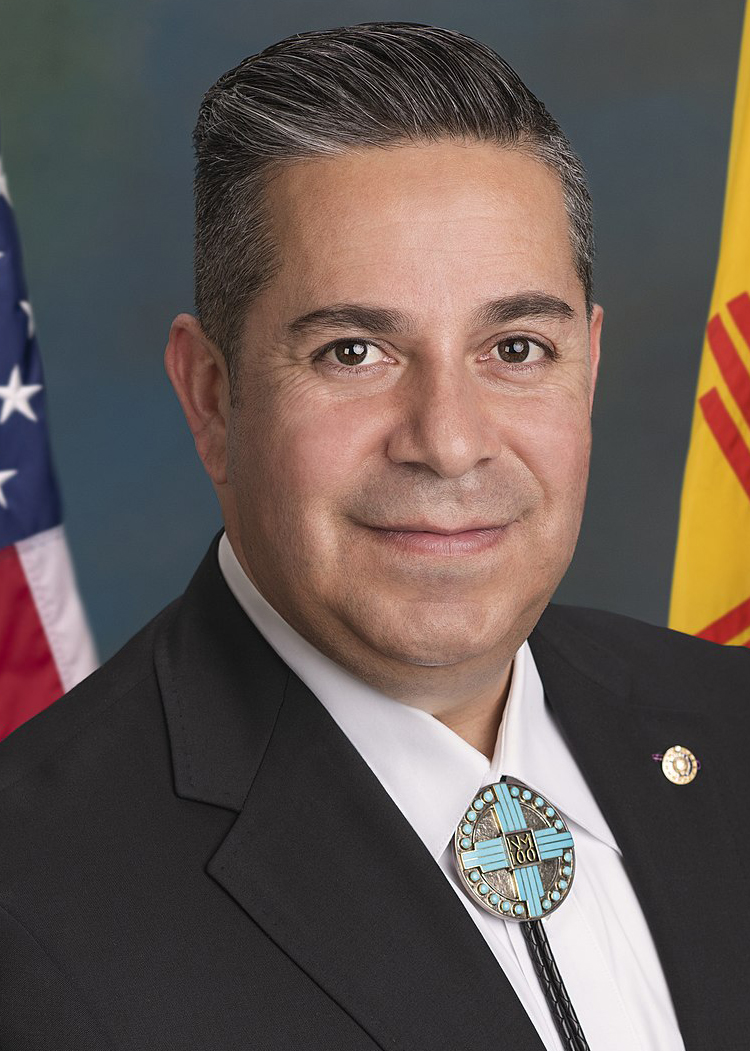
Lujan
Legislation that aims to leverage the best available science and technology of U.S. national laboratories to support the cleanup of legacy nuclear waste has been introduced in the Senate by Sen. Ben Ray Luján (D., N.M.).
The Combining Laboratory Expertise to Accelerate Novel Solutions for Minimizing Accumulated Radioactive Toxins (CLEAN SMART) Act, introduced on December 12, would codify and fund the Department of Energy to accelerate the development, demonstration, and deployment of breakthrough technologies and innovations for nuclear waste cleanup.
Legacy waste: Currently, the DOE’s Office of Environmental Management is responsible for the remediation of 15 legacy sites across the United States that hold nuclear waste from the Manhattan Project and the Cold War era. According to Luján, the cost to decommission these remaining sites continues to grow and is estimated to be nearly $700 billion, for a completion date near the end of the century.
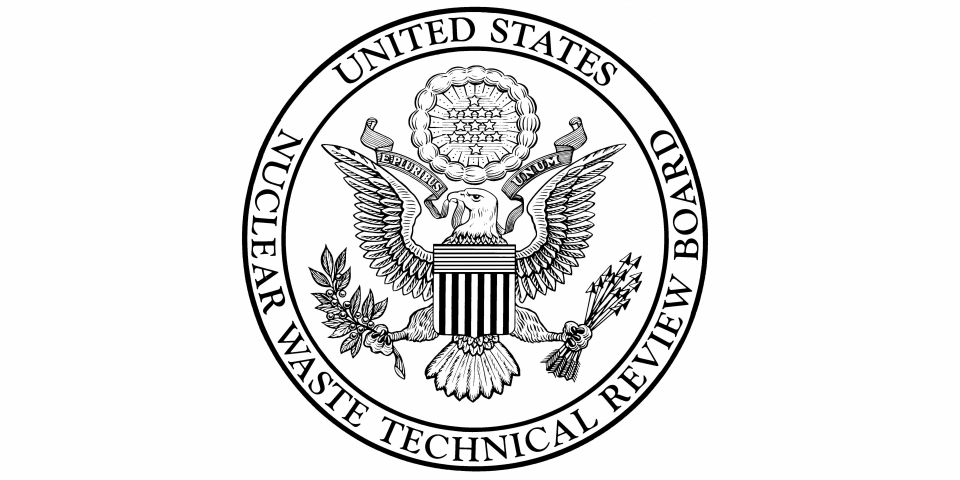


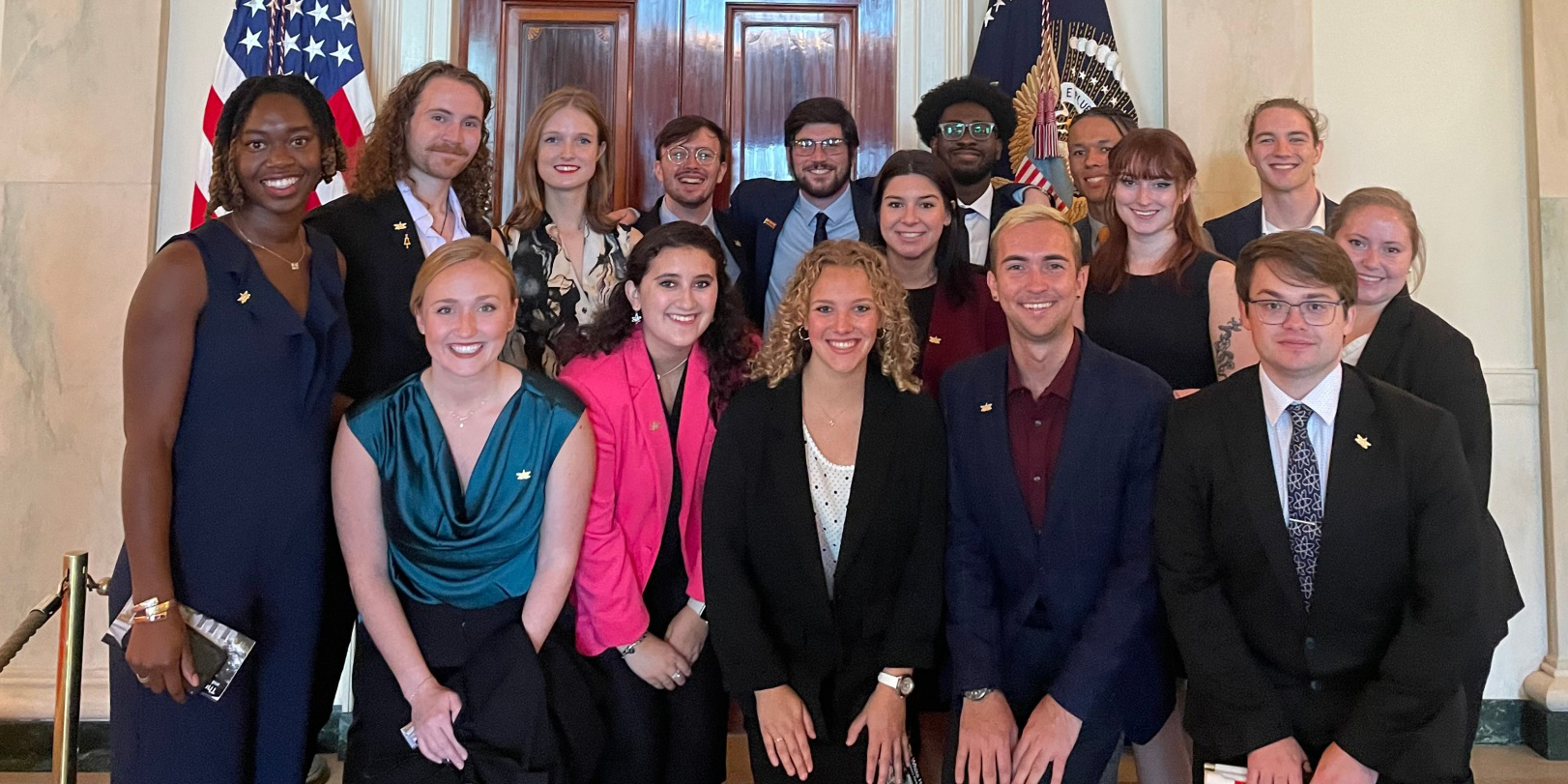
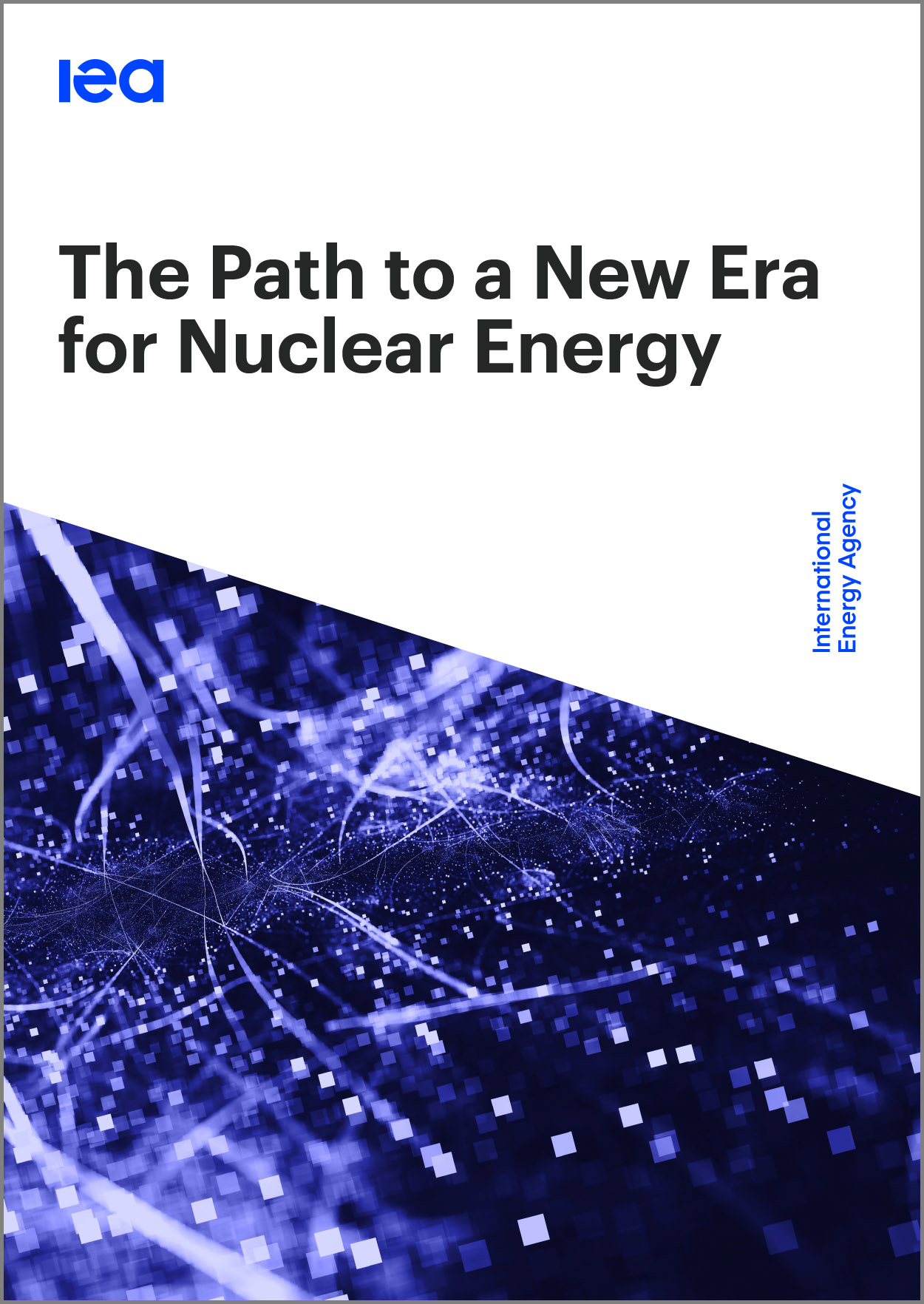 The
The 

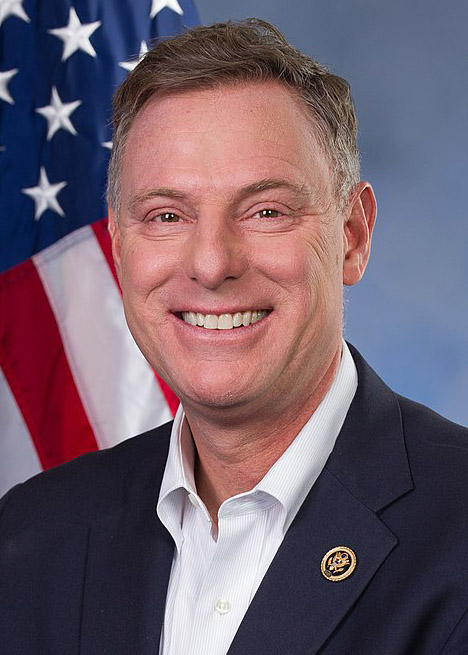
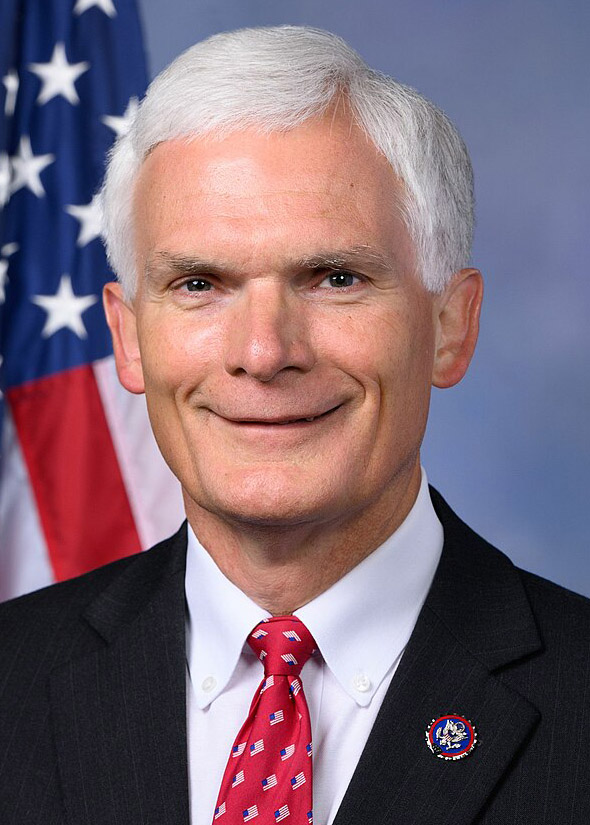
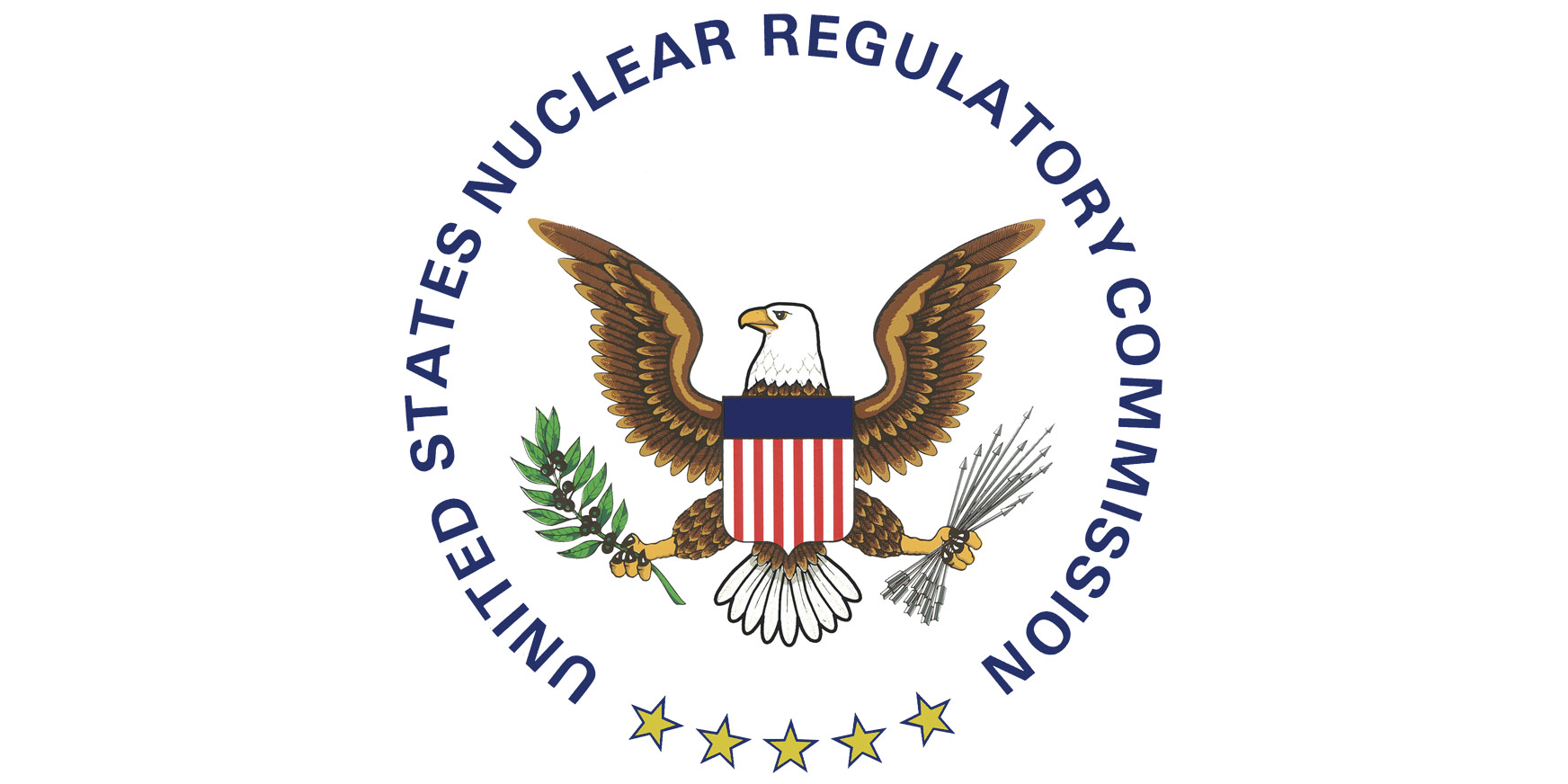
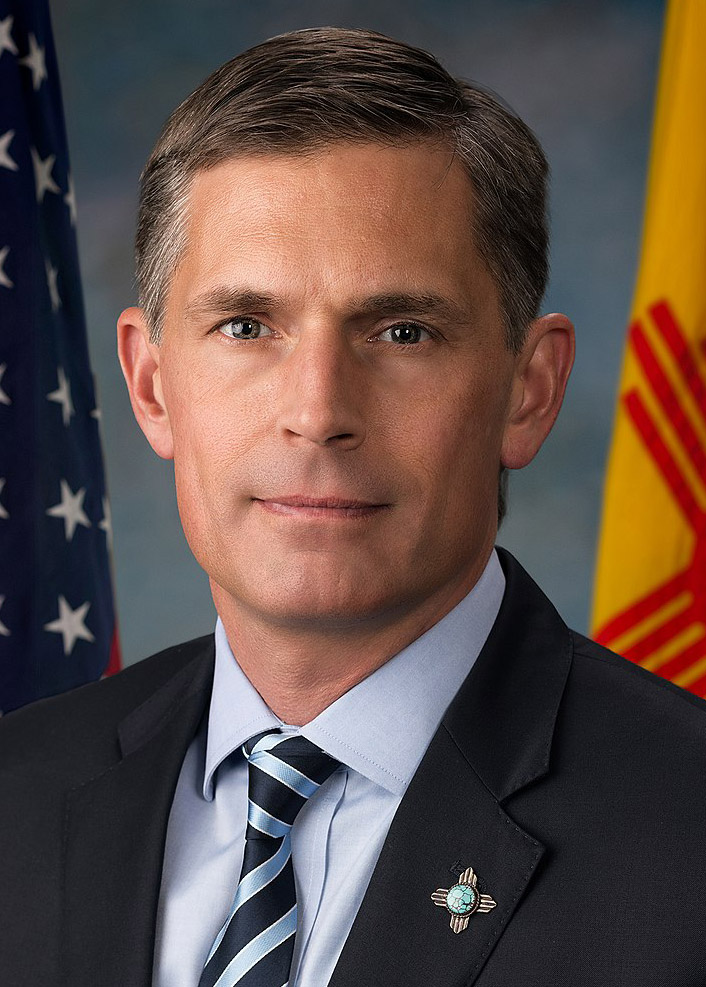
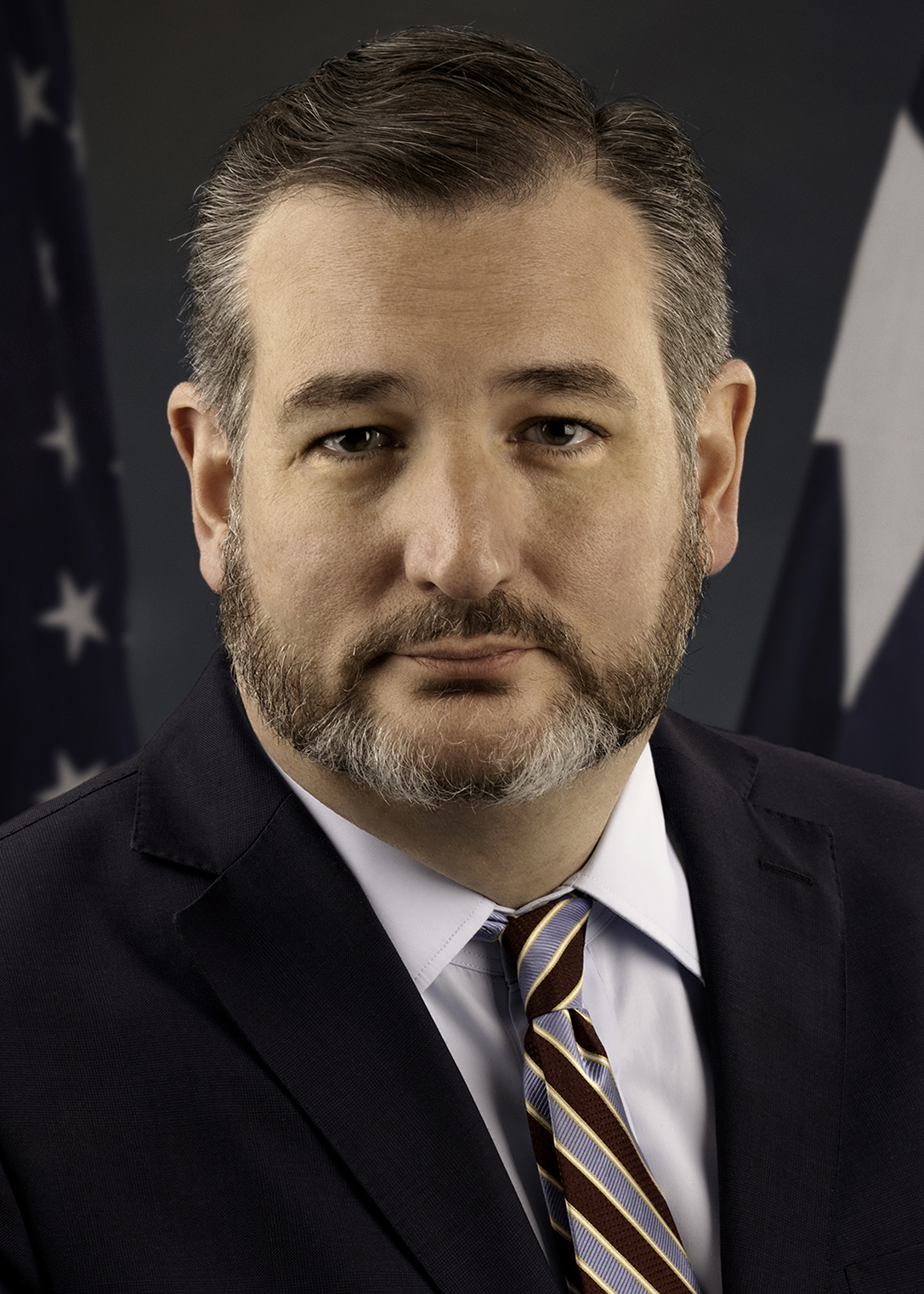
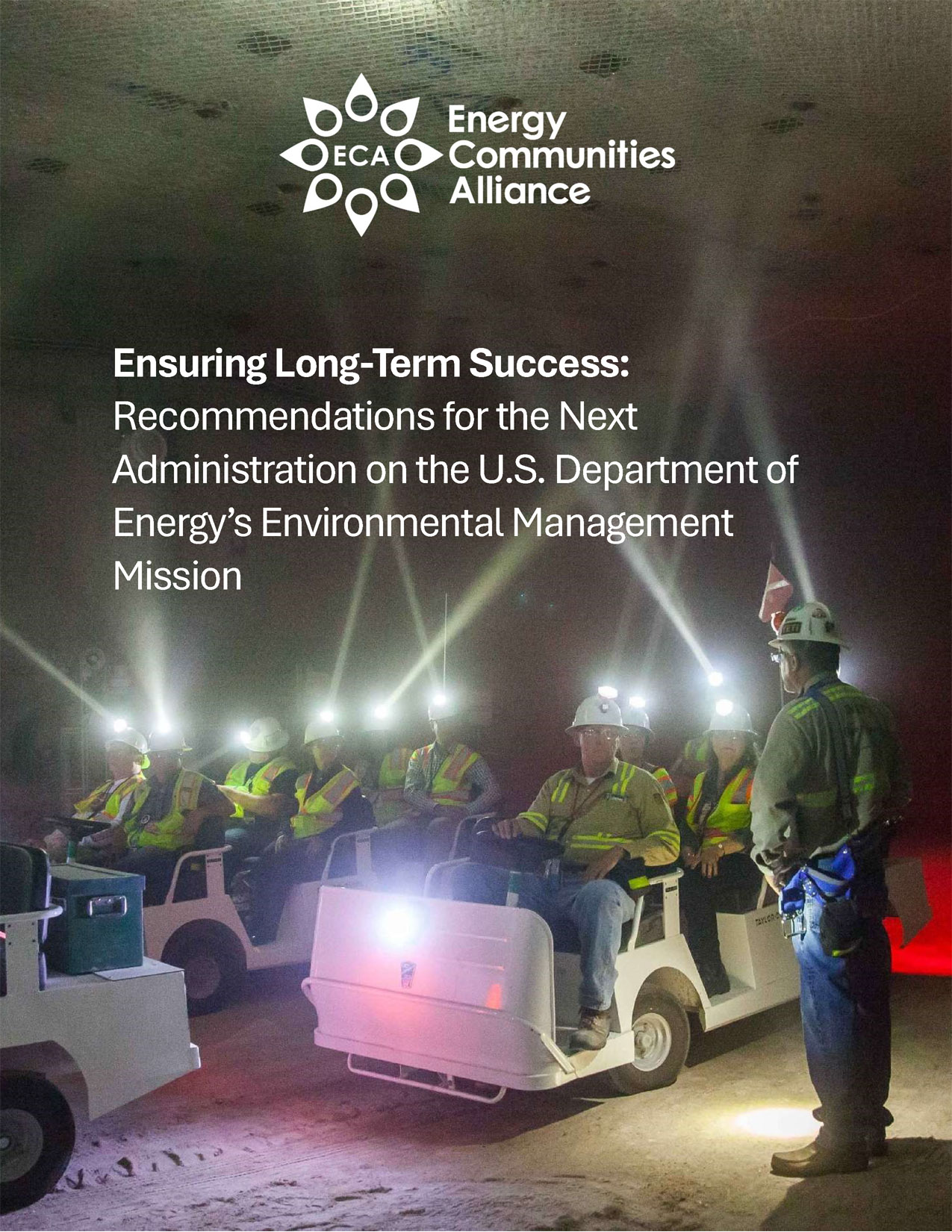 Regardless of who is sitting in the Oval Office next year, the Department of Energy’s Office of Environmental Management needs to take a close look at itself and “launch a comprehensive review of all aspects of the EM program,” according to a new report from the Energy Communities Alliance, which represents communities adjacent to or near DOE nuclear cleanup sites.
Regardless of who is sitting in the Oval Office next year, the Department of Energy’s Office of Environmental Management needs to take a close look at itself and “launch a comprehensive review of all aspects of the EM program,” according to a new report from the Energy Communities Alliance, which represents communities adjacent to or near DOE nuclear cleanup sites.
